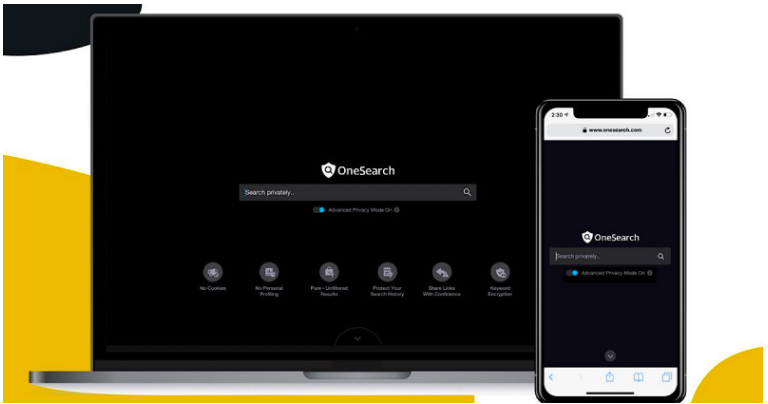A New Search Engine Enters the Market – OneSearch from Verizon Media
- The Tech Platform

- Jan 29, 2020
- 2 min read
An unlikely competitor enters the search engine market as Verizon Media launches its privacy-focused OneSearch.
OneSearch promises not to track, store, or share personal or search data with advertisers, which puts it in direct competition with DuckDuckGo. It’s available now on desktop and mobile at OneSearch.com.
What differentiates Verizon Media’s OneSearch from DuckDuckGo, a more established privacy-focused search engine, is the ability for businesses to integrate it with their existing privacy and security products.
In an announcement, the company states:
“OneSearch doesn’t track, store, or share personal or search data with advertisers, giving users greater control of their personal information in a search context. Businesses with an interest in security can partner with Verizon Media to integrate OneSearch into their privacy and security products, giving their customers another measure of control.”
Another unique offering from OneSearch is its advanced privacy mode. When enabled, OneSearch’s encrypted search results link will expire within an hour.
OneSearch’s advanced privacy mode is designed for situations where multiple people are using the same device, or if a search results link is being shared with a friend.
The full array of privacy-focused features offered by OneSearch include:
No cookie tracking, retargeting, or personal profiling
No sharing of personal data with advertisers
No storing of user search history
Unbiased, unfiltered search results
Encrypted search terms
Although it doesn’t sell data to advertisers, OneSearch does rely on advertising to keep its service free. Rather than using cookies and browsing history to target ads, OneSearche’s contextual ads are based on things like the current keyword being searched for.
OneSearch is only available in North America on desktop and mobile web browsers, though it will be available in other countries soon. A mobile app for Android and iOS will be available later this month.
SOURCE: Paper.li





Comments